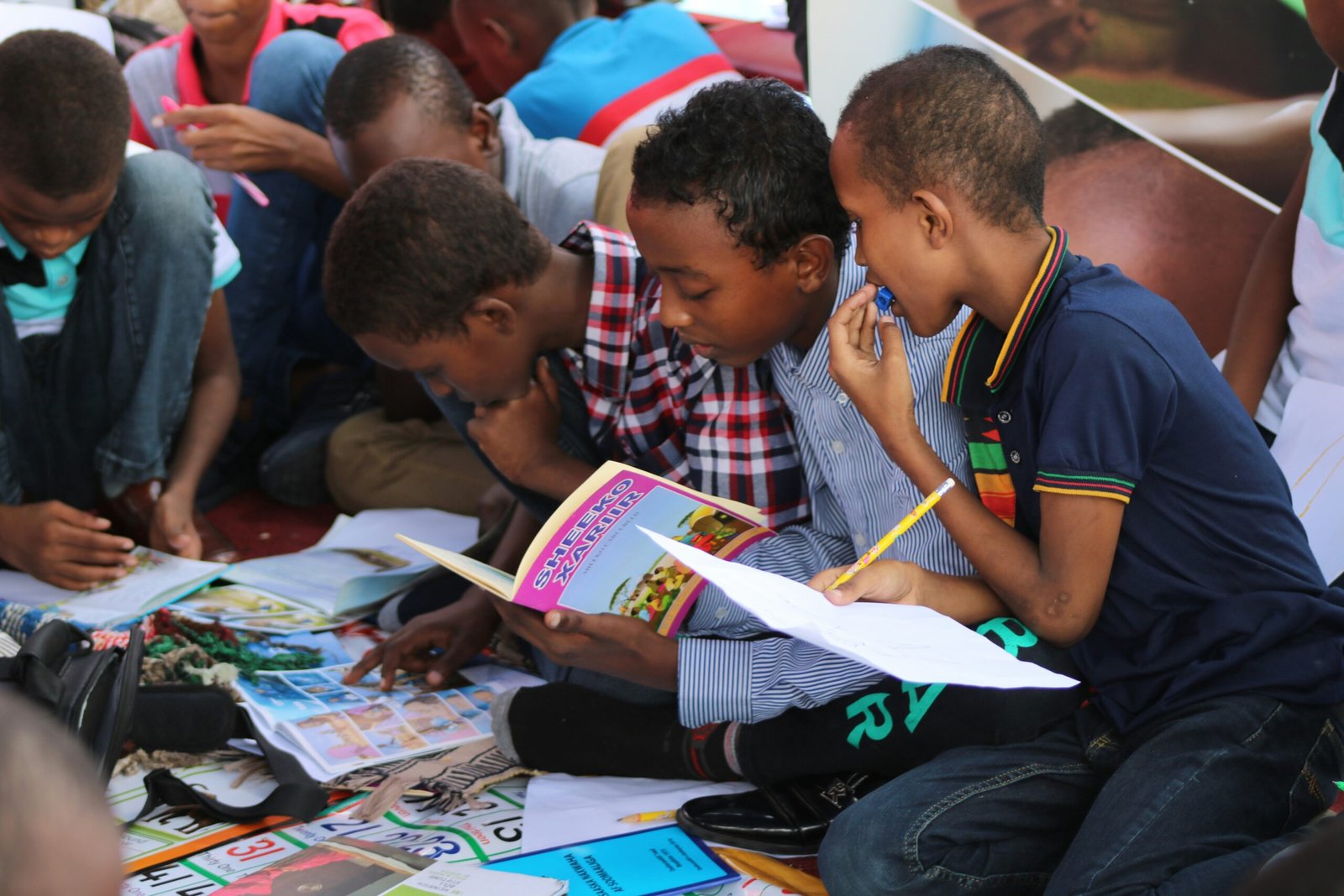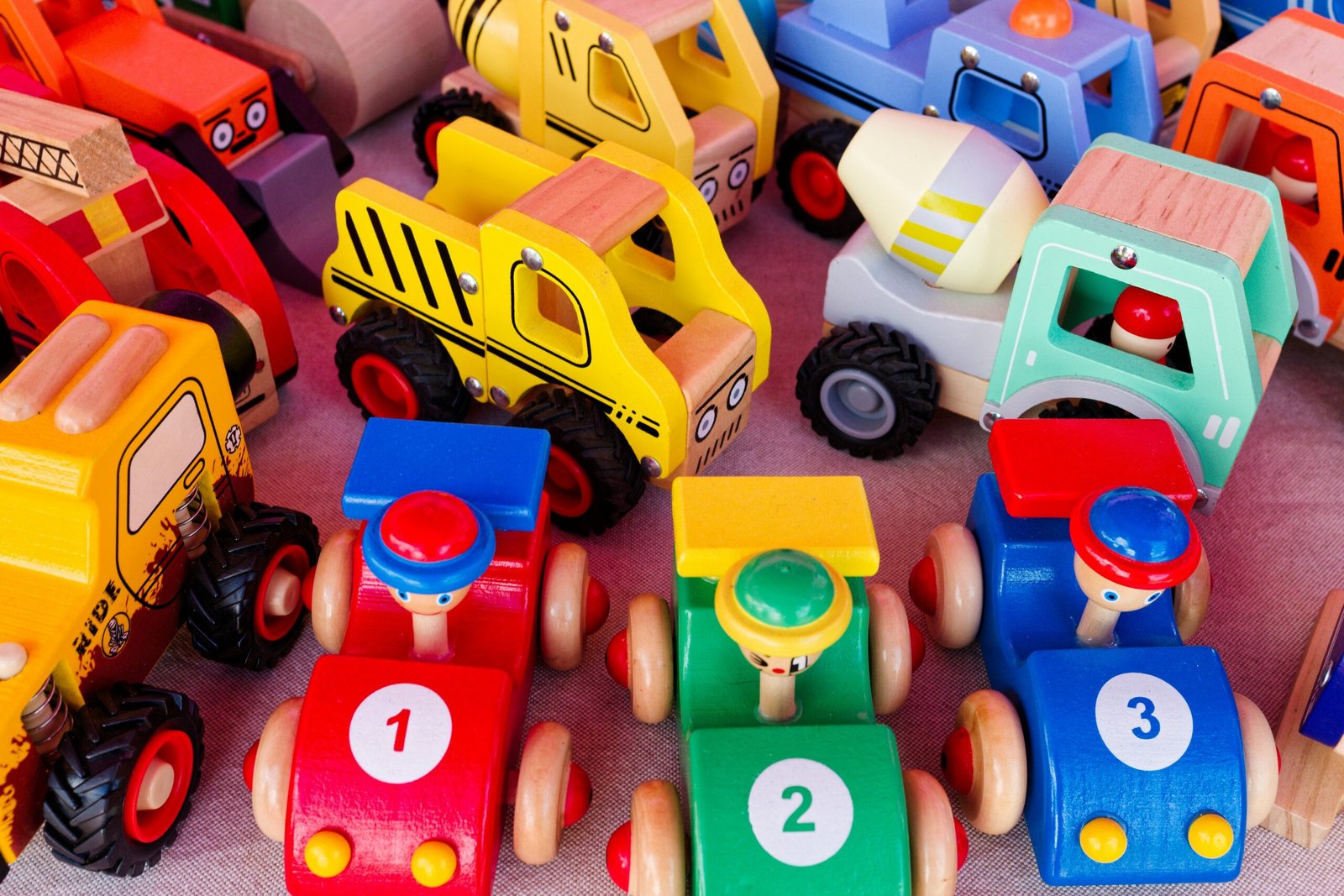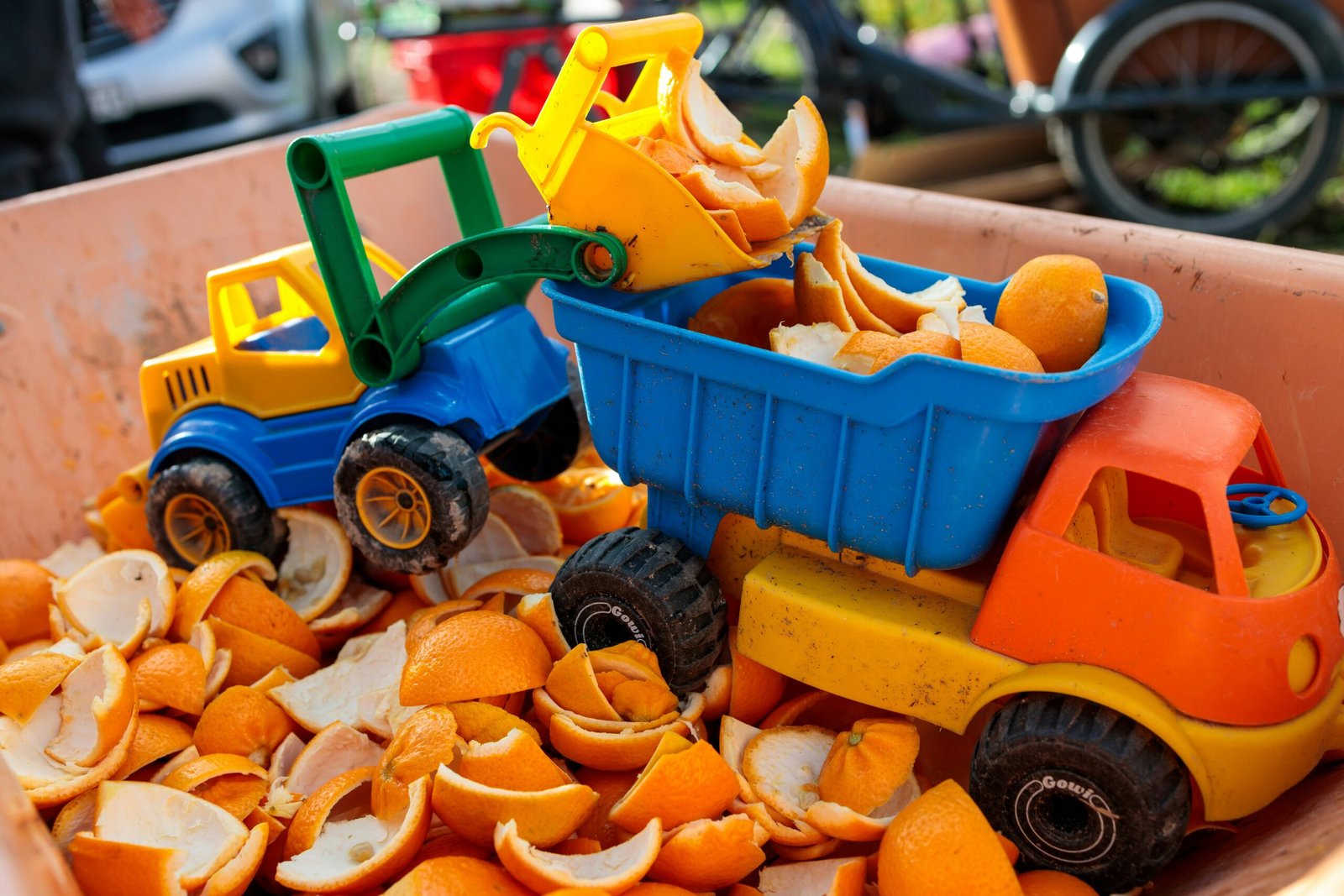The Importance of Play in Learning
Play is a fundamental aspect of childhood development and serves as an essential vehicle for learning. Both research and psychological theories underscore the critical role play has in shaping cognitive, emotional, and social skills. Play-based learning, as championed by theorists like Jean Piaget and Lev Vygotsky, emphasizes that children learn best when they engage with their environment in a spontaneous and enjoyable manner. Through play, children explore concepts, experiment with ideas, and develop problem-solving abilities that are crucial for their future.
Educational toys play an essential role in fostering this type of learning. These toys are specifically designed to encourage exploration and cognitive engagement. For instance, building blocks can stimulate spatial awareness and fine motor skills while also providing a creative outlet for children to express their imagination. Puzzles challenge youngsters to think critically and enhance problem-solving capabilities, contributing significantly to their cognitive development.
In addition to cognitive benefits, play is also pivotal for emotional and social growth. When children engage in cooperative play with educational toys, they learn the importance of teamwork, sharing, and conflict resolution. Games that require collaboration not only foster social interaction but also allow children to understand their own emotions and those of others. Toys that encourage role-play, such as dress-up costumes or kitchen sets, promote empathy and social understanding, creating a strong foundation for emotional intelligence.
Throughout various developmental stages, the importance of play remains constant. From infancy, where sensory toys encourage exploration through touch and sound, to later childhood, where strategic board games stimulate critical thinking, educational toys are integral at every level. By understanding the significance of play in learning, caregivers can make informed choices about the types of toys that support children’s growth, ultimately unlocking their creativity and aiding in their overall development.
Choosing the Right Toys for Creative Development
Selecting the right educational toys is essential for fostering a child’s creativity and enhancing their overall learning experience. When evaluating toys, parents should prioritize age appropriateness, as each developmental stage benefits from different types of learning experiences. Toys that are too advanced can lead to frustration, while those that are too simplistic may not engage a child’s interest effectively. Therefore, understanding the developmental milestones associated with various age groups is crucial in making informed decisions.
Versatility is another important factor when choosing educational toys. Toys that can be used in multiple ways encourage imaginative play and allow children to explore different concepts. For instance, building blocks can be used for construction, storytelling, and even simple physics exploration, making them an ideal choice for promoting creative thinking. Furthermore, toys that stimulate various interests are beneficial; a well-rounded collection may include arts and crafts materials, construction sets, and scientific kits, which cater to diverse passions and facilitate a more comprehensive learning experience.
Safety and material quality should not be overlooked when selecting toys. Opting for items made from non-toxic, durable materials ensures that children can explore their creativity without unnecessary risk. Always check for safety certifications and age recommendations on packaging to ensure that the toys are both safe and suitable for your child’s developmental level.
To assist in the selection process, here are some recommended educational toys known for their creativity-enhancing capabilities: LEGO Duplo sets encourage construction and storytelling; Crayola art supplies foster artistic expression; and science kits from brands like Snap Circuits enable hands-on experimentation. By incorporating a variety of these types of tools, parents can significantly enhance their children’s creative development.



